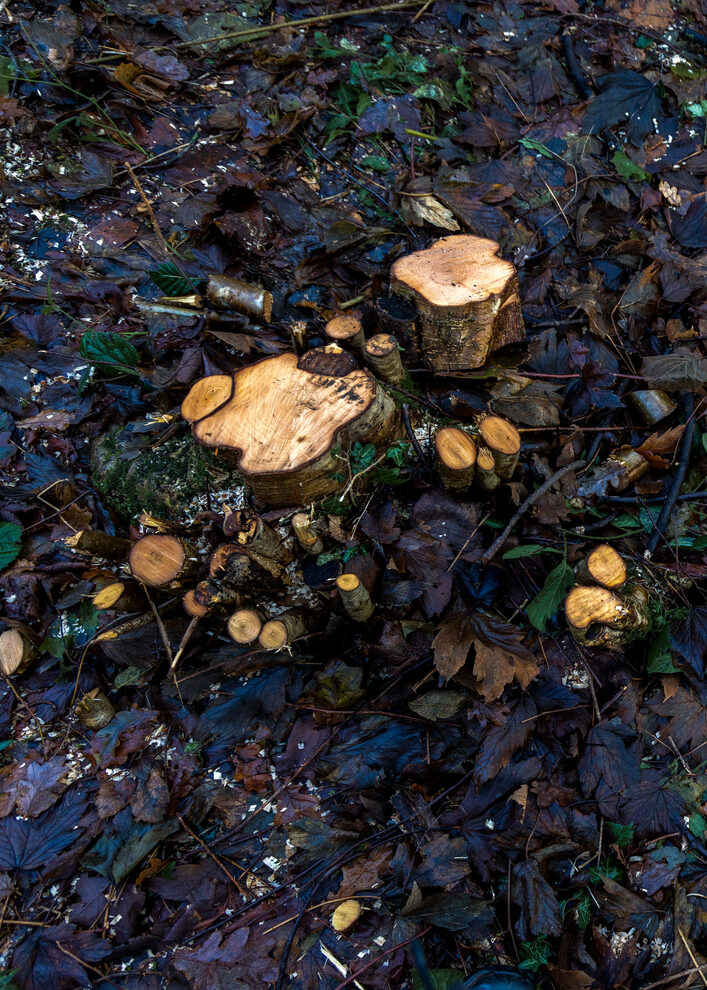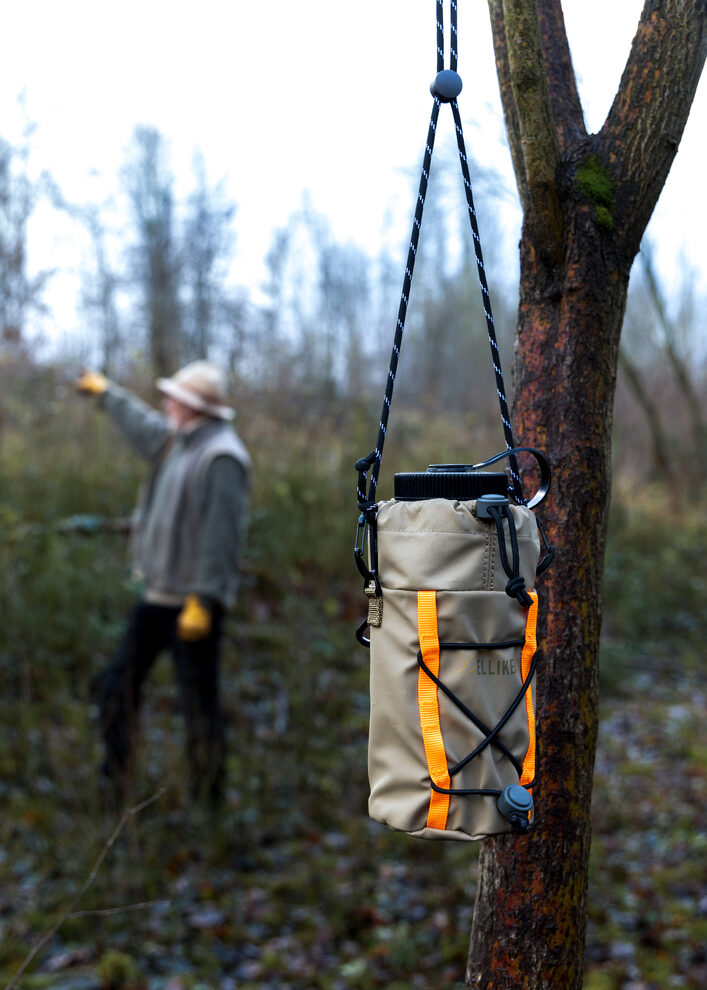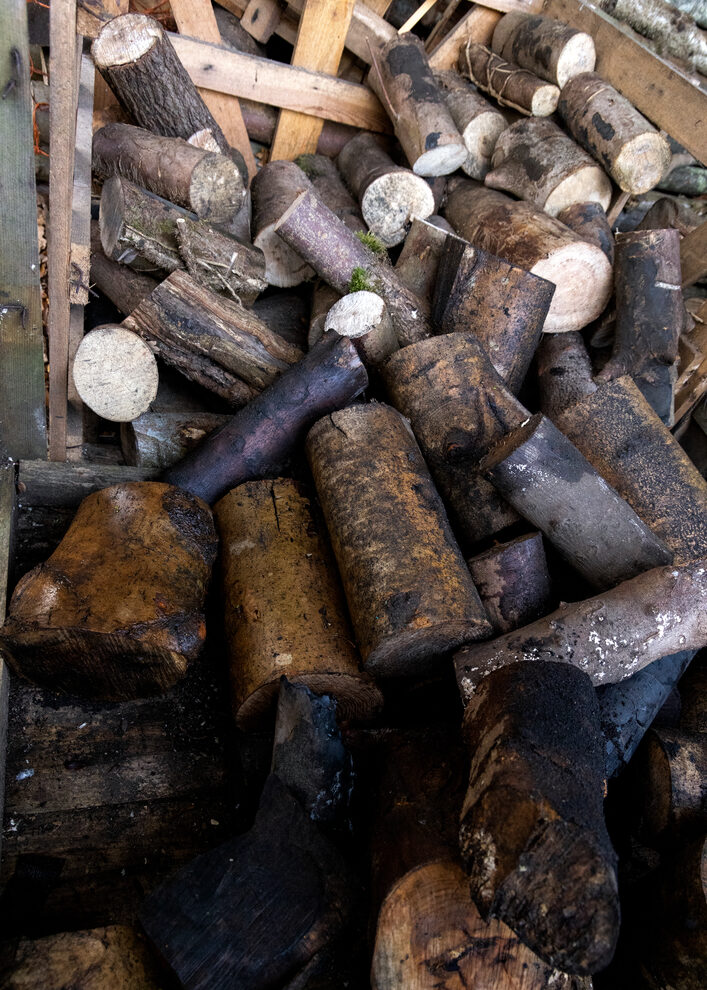Charcoal Burn
ELLIKER x EKWT Charcoal Burn

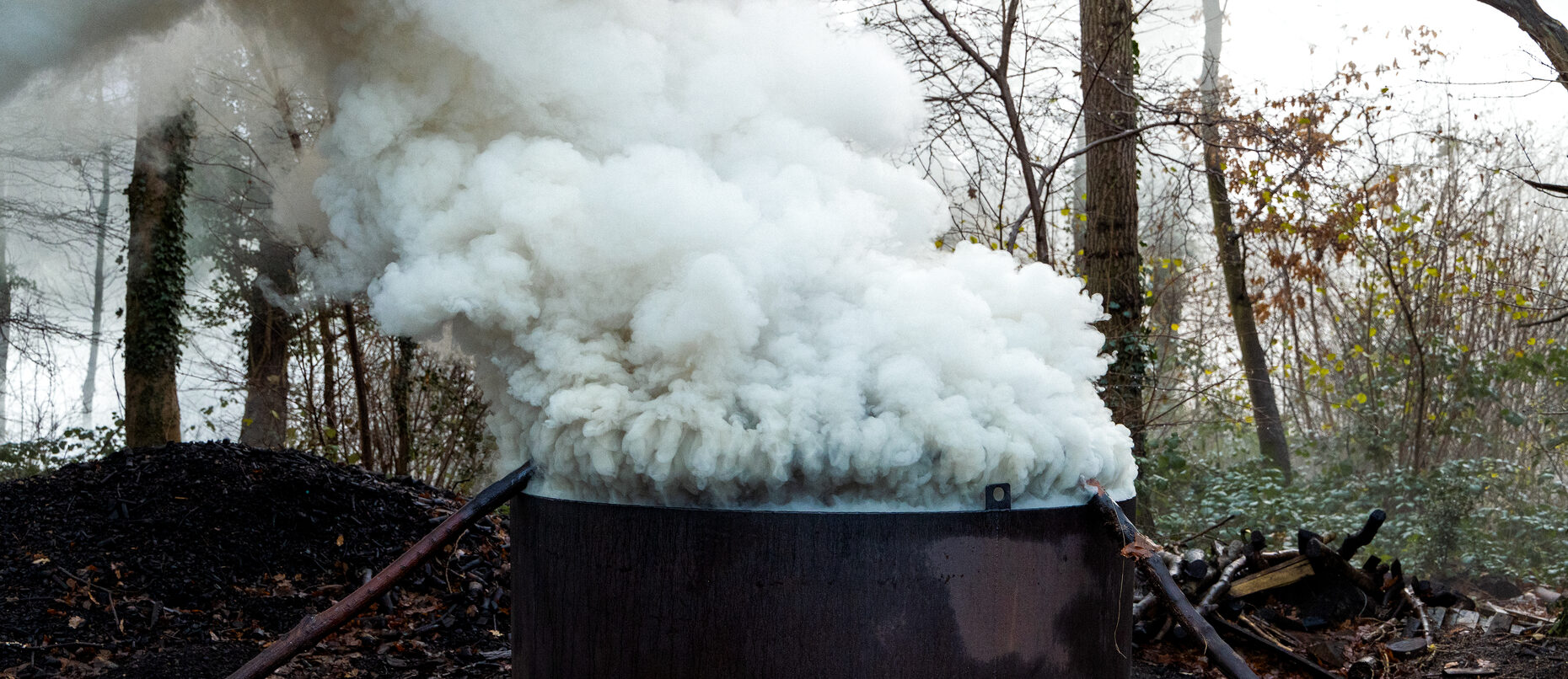
At ELLIKER, we're committed to Getting Into Nature. With the support of our partners at the East Keswick Wildlife Trust, we honour and protect the natural world together.
Charcoal production, driven by demand, has contributed to deforestation and habitat degradation in vital rainforest regions. However, amidst this challenge, a beacon of hope can be found: charcoal production as a by-product of conservation management.
We spent the day with our partners, the East Keswick Wildlife Trust, to learn the British art of charcoal making and how this benefits them and the natural environment they manage.
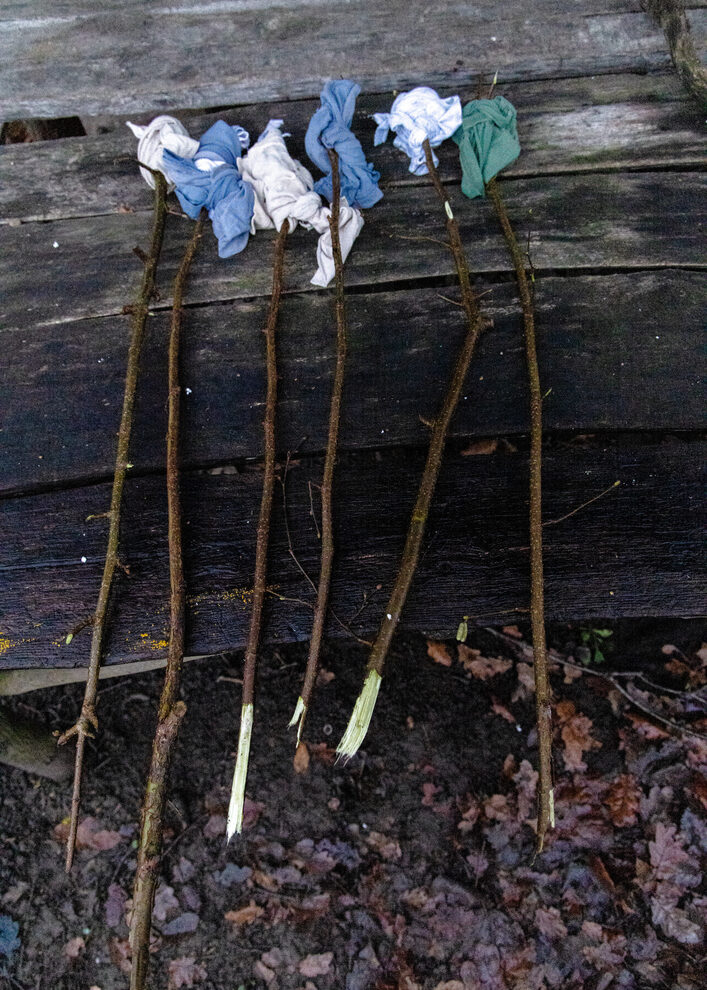
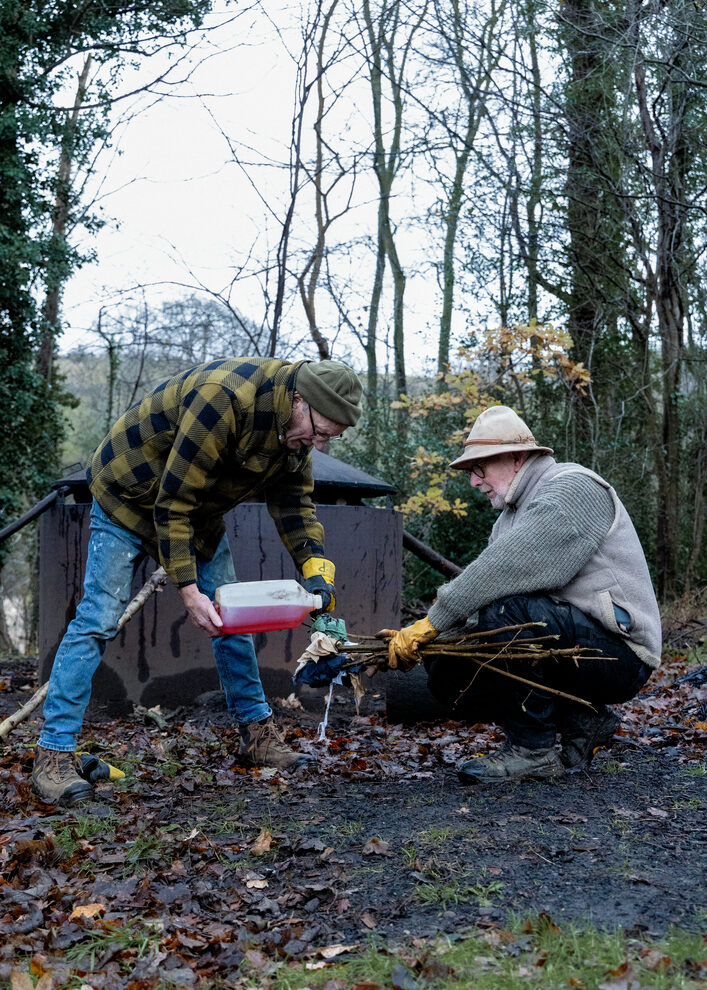
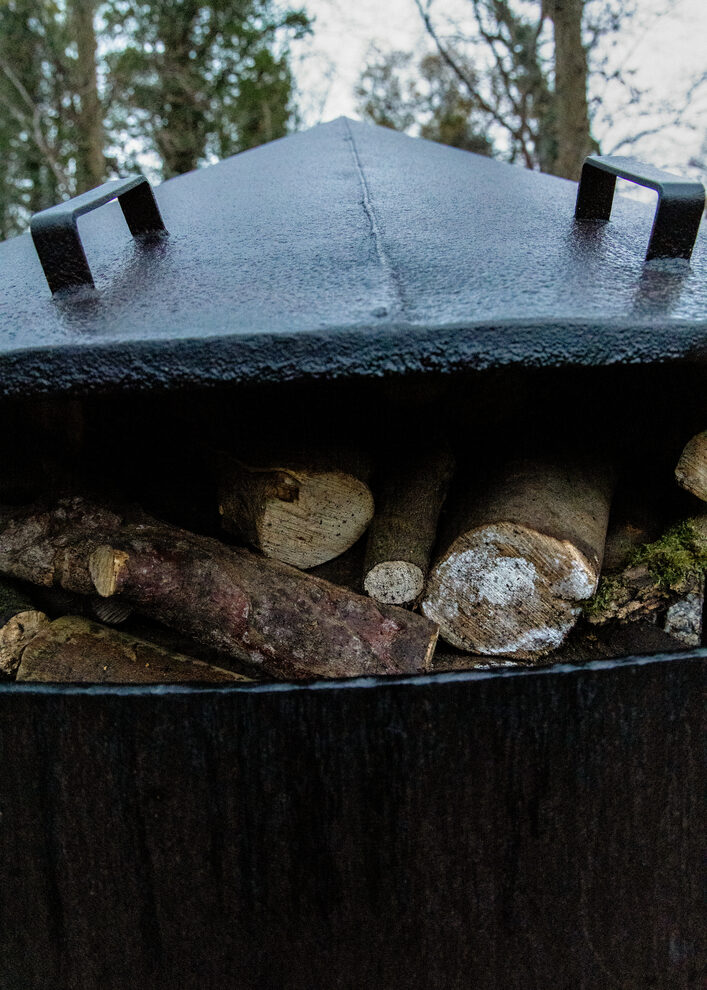
Unlike the often poor-quality charcoal sourced from tropical rainforests, British charcoal produced through conservation efforts not only boasts superior quality but also kindles a brighter future for both nature and communities. Let's explore how producing charcoal as a by-product of conservation management can make a positive impact on nature while supporting sustainable practices.
At the forefront of this endeavour is the East Keswick Wildlife Trust, an organisation dedicated to preserving and restoring natural habitats in East Keswick and its surrounding areas. Their approach to conservation management extends beyond traditional methods, incorporating sustainable practices that benefit both flora and fauna.
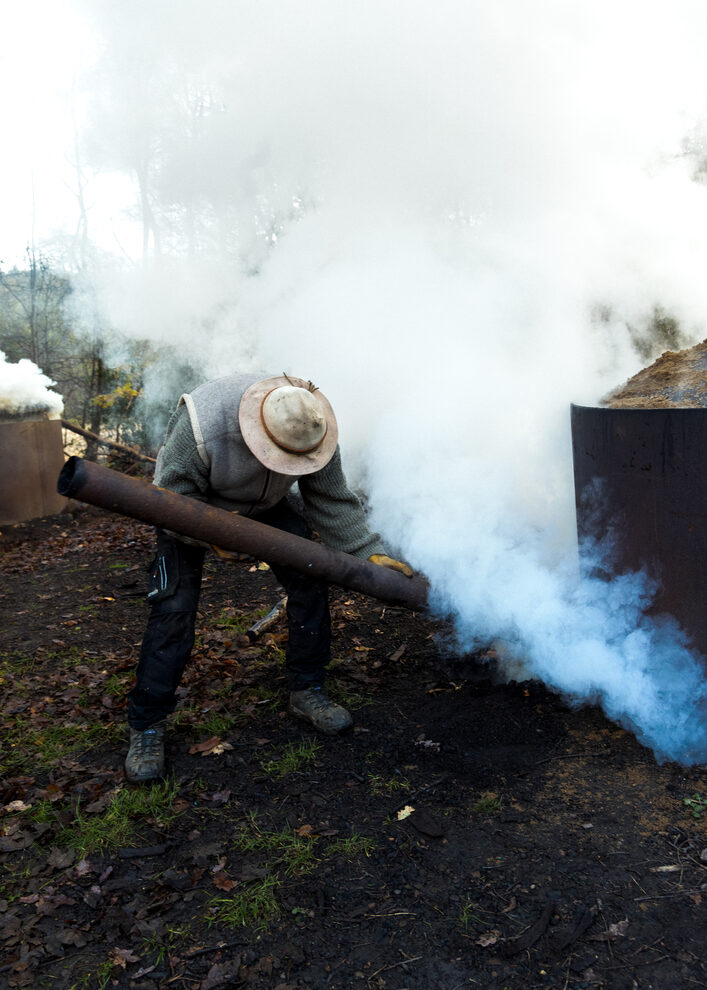
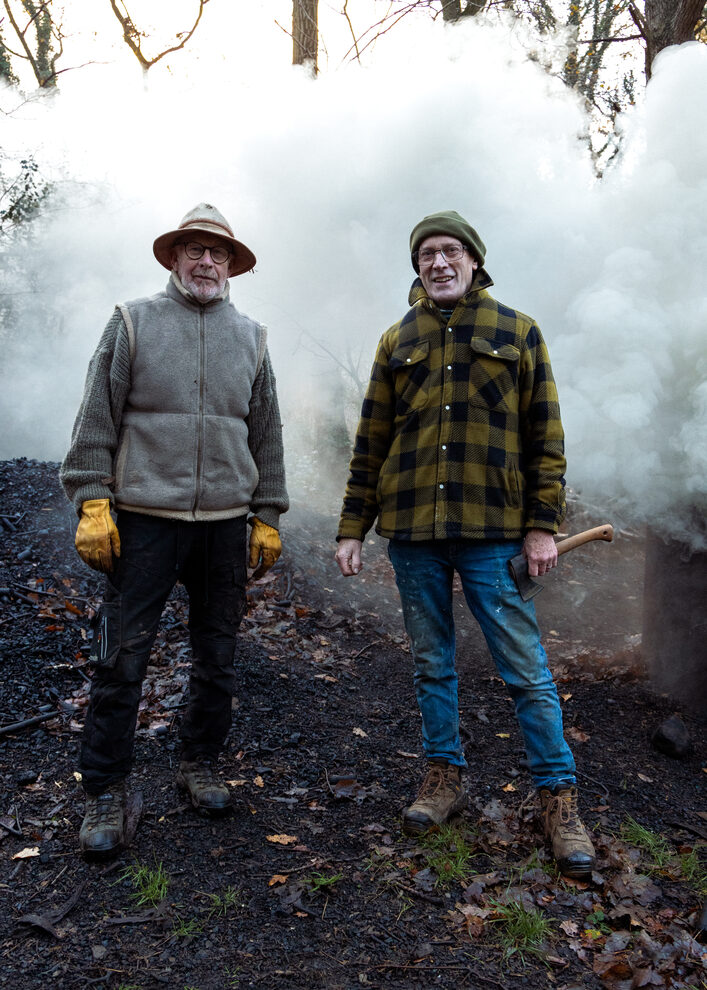

One innovative facet of the Wildlife Trust's conservation efforts is the production of charcoal as a by-product of their management strategies. The trust carefully selects trees for felling, considering factors such as coppicing, removal of dead or dying trees, and ensuring safety along footpaths. This approach not only maintains the health of woodlands but also enhances biodiversity by creating diverse habitats.
British charcoal, derived from responsibly managed woodlands, surpasses its tropical counterpart in both quality and sustainability. It lights more easily, burns hotter, and leaves behind fewer pollutants, making it an environmentally conscious choice for consumers.
Crucially, all profits generated from the sale of East Keswick Wildlife Trust charcoal directly support conservation initiatives. Whether it's restoring habitats, protecting endangered species, or educating the public, every purchase contributes to the greater good of nature.
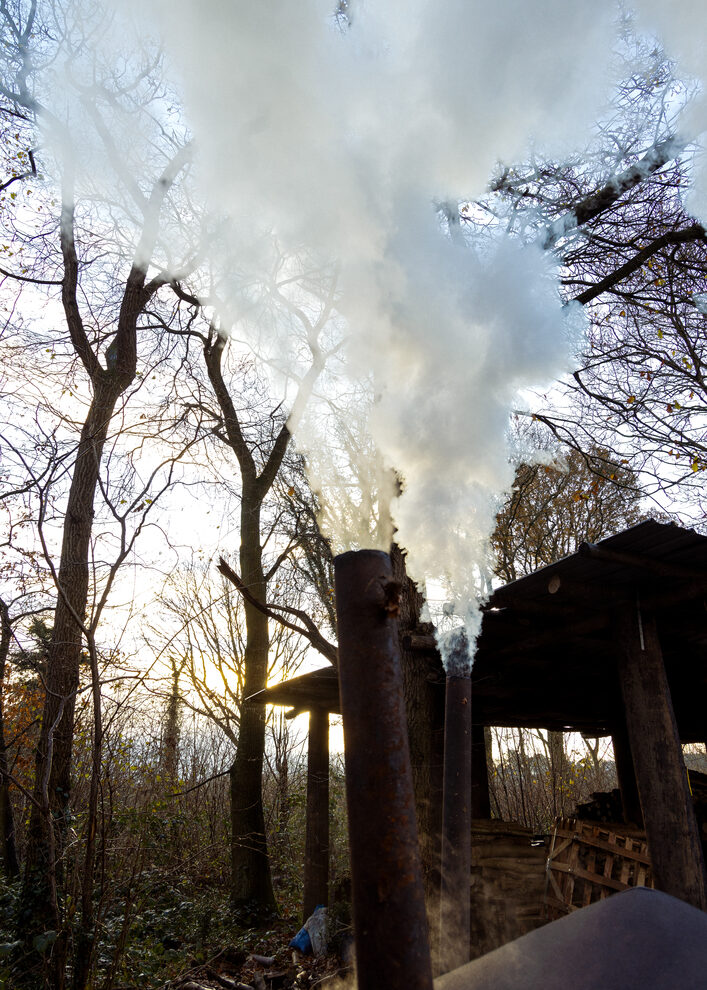
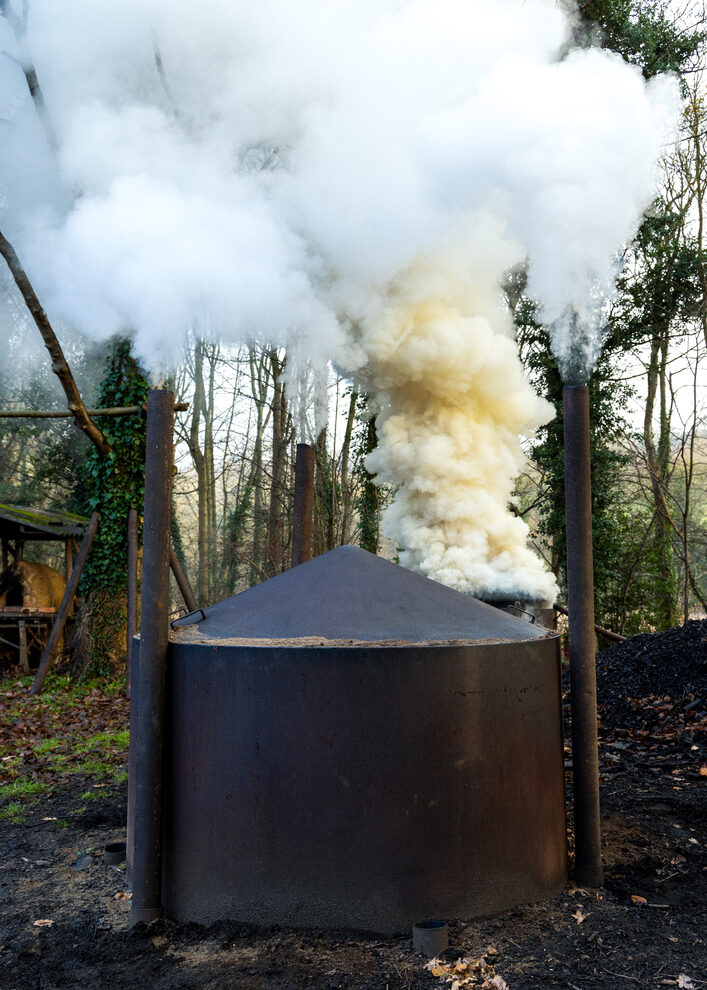
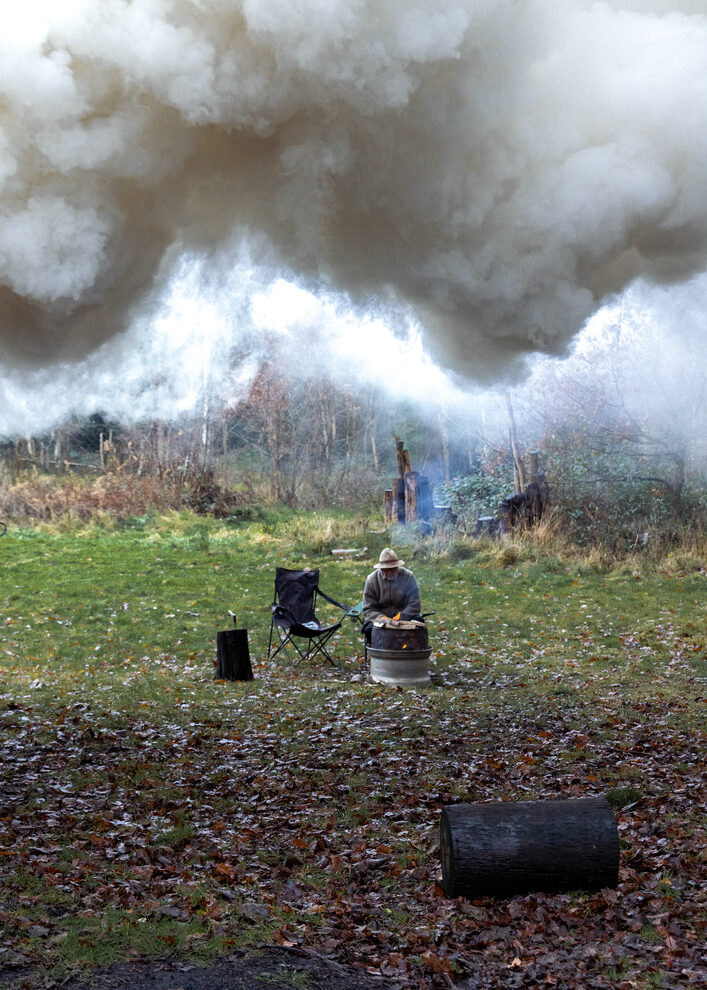
The benefits of producing charcoal as a by-product of conservation management extend far beyond the product itself. By selectively felling trees and clearing overgrown areas, the Wildlife Trust creates open woodland glades that allow sunlight to penetrate the forest floor. This promotes the growth of diverse plant species and provides habitat for a myriad of wildlife, from insects to birds and mammals.
Woodland management practices such as coppicing stimulate new growth and rejuvenate ecosystems, fostering a rich tapestry of plant and animal life. This increased biodiversity not only strengthens ecosystems but also improves resilience to environmental changes.
Removing dead or hazardous trees from footpaths ensures the safety of visitors while maintaining accessibility to natural spaces. This proactive approach to woodland management enhances the recreational value of forests while minimising risks to both humans and wildlife.
Charcoal making as a by-product of conservation management exemplifies the harmonious coexistence of human activity and nature. Through thoughtful stewardship and sustainable practices, organisations like the East Keswick Wildlife Trust demonstrate that environmental conservation and economic viability can go hand in hand.
By choosing British charcoal produced through conservation efforts, consumers not only enjoy a superior product but also contribute to the preservation of our natural heritage. As we continue to forge a path towards a more sustainable future, let us draw inspiration from initiatives that prioritise the well-being of both people and the planet.
